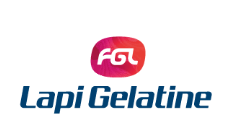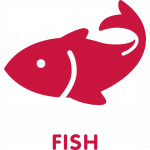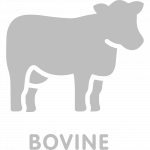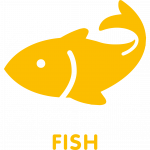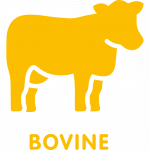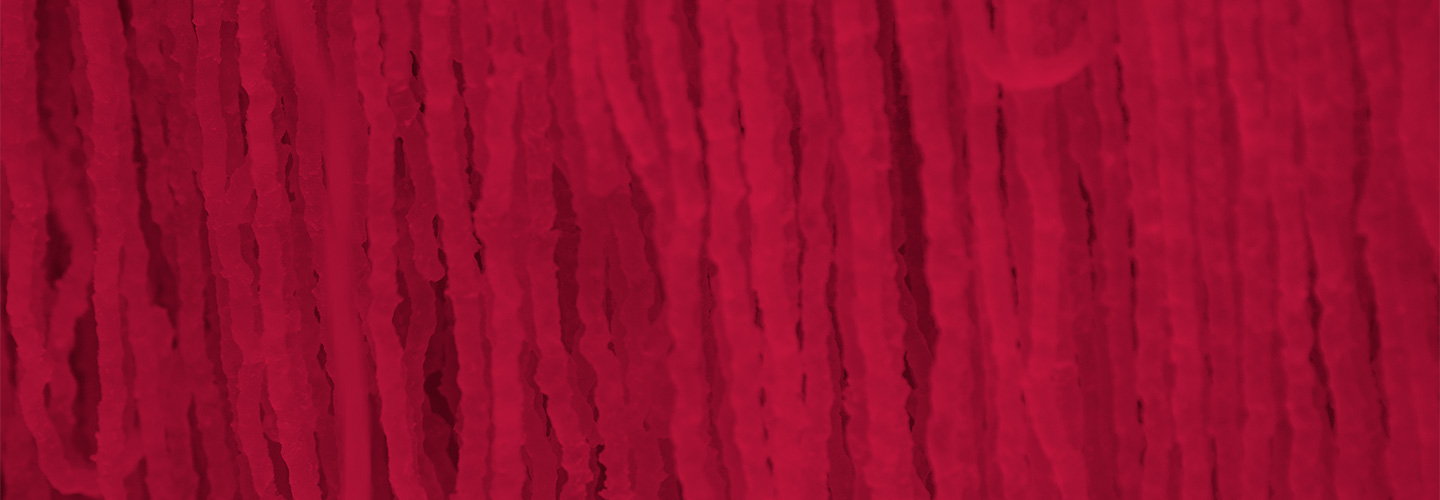
Bovine Gelatin
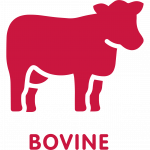
European safety and tradition
EUROPEAN PRODUCT
Production takes place in Italy in the Tuscan-based facility in Empoli. We also select our raw material suppliers (cowhide) exclusively from Europe and the same raw material is strictly processed within the EU.
TRACEABILITY ALONG THE WHOLE CHAIN
Thanks to the qualification of our suppliers, we can also count on an effective system that allows us to track the “farm to fork” product.
TAYLOR MADE BOVINE GELATINE
The company’s extensive experience in the production of bovine gelatine and its flexibility give it an added strength, i.e. the ability to offer a specific product tailored to the customer’s needs.
SELECTED SUPPLIERS
The qualification of our suppliers is an essential element for us for the production of bovine gelatine. To ensure a high quality of the incoming raw material, continuous audits are carried out on our producers. Following a careful risk assessment, each supplier is checked in order to guarantee reliability in terms of materials, components, but also of quality in the provision of their service. In this way, we can assure customers that the entire bovine gelatine production chain is of such quality as to ensure compliance with regulatory requirements.
TRADITION
Over 50 years of manufacturing experience allows us to produce high quality bovine gelatine, used by some of the largest companies in the world in the pharmaceutical, food, nutraceutical and cosmetic sectors.
The qualities and certification grades of Lapi gelatine
FOOD AND PHARMACEUTICAL GRADE
Thanks to a continuous research process, we are able to provide two different qualities, for as many applications. Lapi Gelatine can guarantee the standards required for human consumption for both food and pharmaceutical applications.
CLEAN LABEL
Our gelatine is a “Free From” product, so does not contain any type of allergen. It is also a fat-free and purine-free product, making it a key ingredient for many applications.
100% NATURAL PRODUCT
Our halal and kosher bovine gelatine is also totally natural and contains no preservatives or additives.
Furthermore, it is not originated and is not produced from genetically modified materials (GMOs), as defined by the European directive 2001/18/EC.
FEED GRADE
Our bovine gelatine can also be used in the preparation of animal feed, as it performs the important function of helping the increase of protein content of their meat.
BSE/TSE
We produce exclusively starting from hides and the raw material used complies with the current provisions governing the production of gelatine for food and pharmaceutical applications. The Ministry of Health follows us through an official Veterinary and Health team – veterinary inspections are carried out regularly, in compliance with the regulations.
HALAL & KOSHER BOVINE GELATIN
Our factory produces halal bovine gelatine, certified by the Italian Islamic Centre.
At the same time, Lapi is KO – Kosher Service – certified, a guarantee that all of our bovine gelatine production is Kosher.
Properties and Uses
BETTER THAN HYDROCOLLOIDS
Used successfully in food, pharmaceutical and technical applications, thanks to its versatility of use and its physical qualities, gelatine is more functional than any other hydrocolloid, making it a key resource in the design of specific formulations. In fact, halal and kosher bovine gelatine is often used to replace several monofunctional hydrocolloids in a single application, thus simplifying the formulation and contributing to simpler and more transparent labelling.
Among the most important properties, we can mention the ability to gel, thicken, stabilise, foam or absorb water molecules.
SOURCE OF ESSENTIAL AMINO ACIDS
Being pure protein, halal and kosher Lapi Gelatine bovine gelatine is made up of amino acids such as Glycine, Proline and Hydroxyproline. These amino acids represent 50% of the total and also contain a high level of essential amino acids, such as histidine, methionine, phenylalanine and threonine.
CIRCULAR ECONOMY
The raw materials from which our halal and kosher bovine gelatine is produced are made up of by-products from the meat processing industries, a natural and renewable resource. This is why our supply chain is fully part of a circular economy, where nothing is thrown away.
Within the value chain of the processing industries, the production of bovine gelatine creates value for the whole community by converting waste by-products into higher-value protein products. In one fell swoop, it is possible to reduce the environmental impact as well as improve the social and economic dimension of this industry. As such, gelatine can be seen as a product with a positive impact on global sustainability and part of the circular economy.
A SUSTAINABLE PROCESS
The sustainability of production processes is a fundamental point for our success, both at ecological and an economic level. It is a circular economy process, which starts from the production chain.
What is bovine gelatine and how is it extracted from cow’s skin?
Bovine gelatine is produced by means of a complex, multiphase process which makes use of highly technological industrial machinery.
Lapi Gelatine Bovine Gelatine is obtained through a process of partial hydrolysis of the collagen present in the dermis.
The starting raw material is precisely the connective tissue present in the bovine dermis. From here, through an alkaline hydrolysis treatment, the collagen protein is extracted with the sole use of water. Subsequently, this protein is purified through filtration, demineralisation and sterilisation treatments.
The final product, bovine gelatine, is a pure, high-quality protein.
The properties of bovine skin
Bovine gelatine is composed of protein (about 85% of the total), water and mineral salts and is therefore considered a pure protein. It is a natural and healthy food that has been traditionally used for a long time. Today, thanks to the latest technological advances, we are able to further enhance its versatile properties and the many benefits it offers. Both the food and pharmaceutical industries could not do without it, because its structure and its qualities are difficult to replicate.
Being a protein, it is made up of amino acids, which represent its structure, since the human body is able to synthesise all the proteins it needs from amino acids. There are also nine amino acids that the body cannot produce itself and which must therefore be supplemented regularly through diet, the so-called “essential amino acids”. Bovine gelatine contains 18 amino acids, 8 of which are essential.
Different types of bovine gelatine
There are two types of gelatine, depending on the production method used: type A gelatine, produced through an acid process, and type B gelatine, produced through an alkaline process, such as Lapi Gelatine gelatine.
In addition to the production process, an important difference between the two types is the isoelectric point, which for type A is between pH = 7 and pH = 9, while for type B is between pH = 4.6 and pH = 5.2.
The isoelectric point of a protein is a particular pH value at which the protein is not electrified and this data is taken into account depending on the type of gelatine application.
